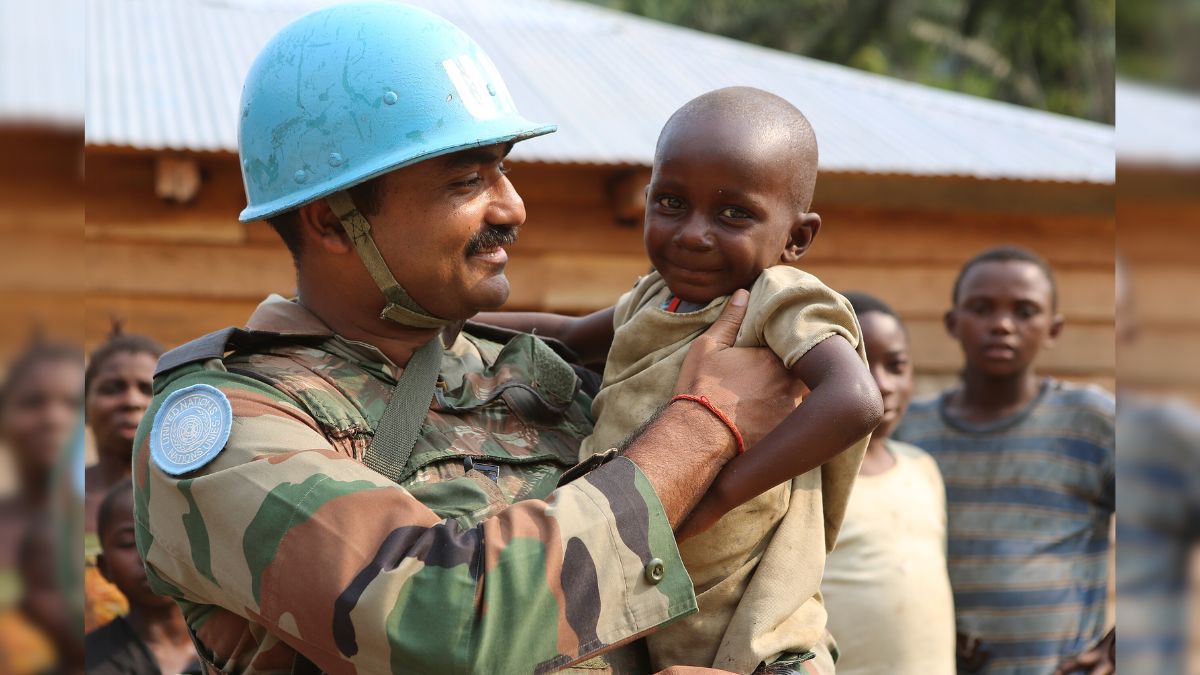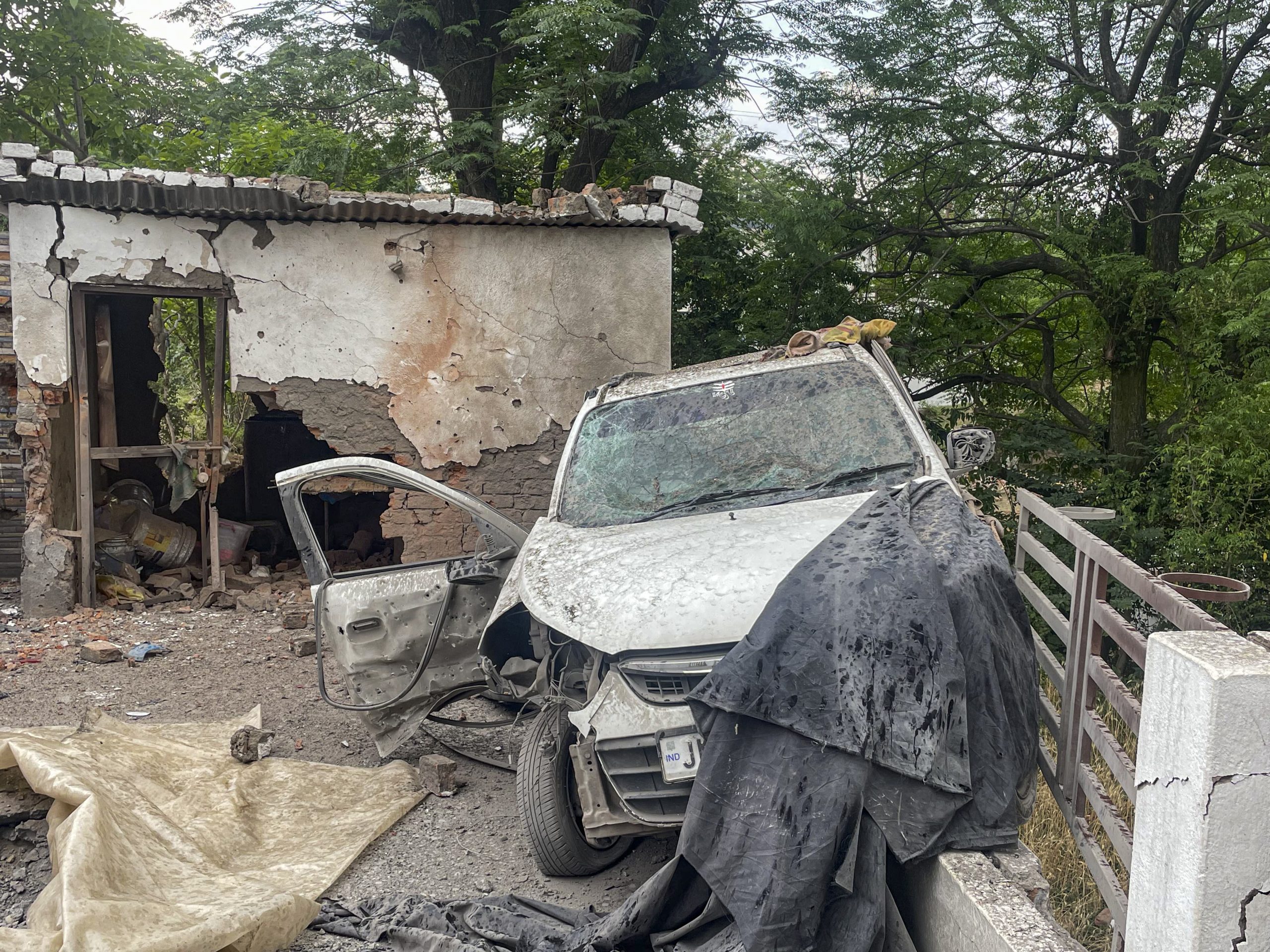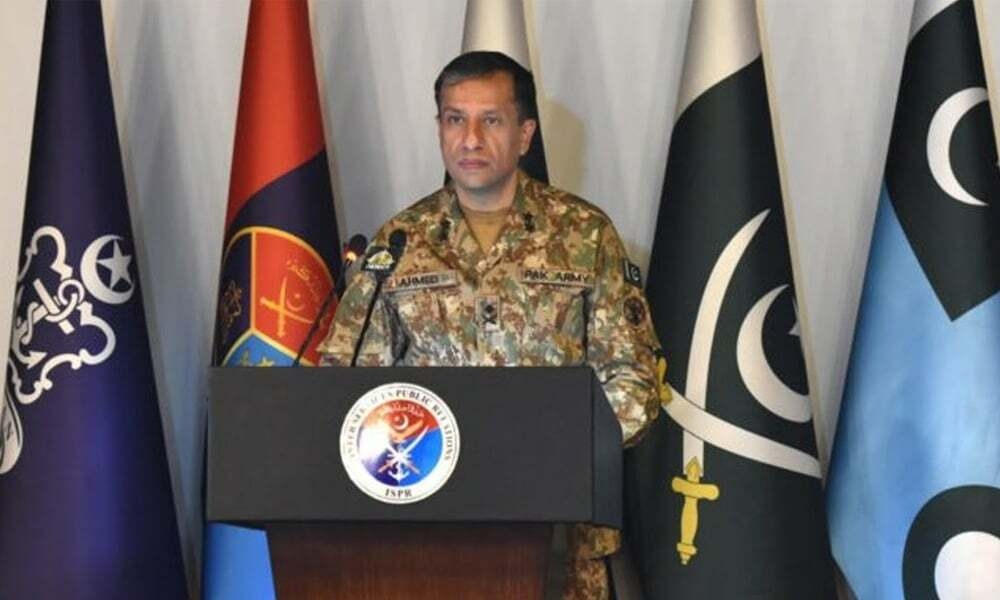Indian Peacekeepers In Abyei Honoured For Service Amid Volatile Border Tensions

India's UN peacekeeping troops played a key stabilising role in Abeyi, protecting civilians, facilitating humanitarian aid, and supporting local dialogue. Image courtesy: Representative picture via Wikimedia Commons
Indian peacekeepers serving in the disputed Abyei region between Sudan and South Sudan have been honoured by the United Nations (UN) for their dedication and professionalism.
The medals were conferred by Major General Robert Yaw Affram, Acting Head of Mission and Force Commander of the United Nations Interim Security Force for Abyei (UNISFA), during a ceremony recognising the Indian battalion’s service in one of Africa’s most fragile conflict zones.
What does India’s role in Abyei represent?
UNISFA, established in 2011 under a UN Security Council mandate, operates in a region that has long been a flashpoint between Sudan and South Sudan. The Abyei Area, rich in oil and claimed by both countries, was granted “special administrative status” under the 2004 Abyei Protocol following the Comprehensive Peace Agreement that ended Sudan’s civil war. Despite the peace deal, the area remains contested and heavily militarised.
India’s battalion in UNISFA has played a key stabilising role— protecting civilians, facilitating humanitarian aid, and supporting local dialogue. Visuals shared by the mission on X showed Indian troops receiving medals in a parade reviewed by Maj Gen Affram, who commended their “dedicated service” to the UN mandate.
Why is Abyei important?
Abyei straddles the Sudan–South Sudan border and serves as a vital corridor for oil transport. Control of the region has been a source of violent clashes and political deadlock since South Sudan’s independence in 2011. The area’s special status under international supervision was meant to ease tensions, but progress toward a final settlement has stalled amid renewed violence.
With its deployment in Abyei, India contributes to the UN’s broader mission of conflict prevention and peacebuilding in Africa. Maj Gen Affram, a Ghanaian Airborne Infantry officer with nearly four decades of service, has led the mission since July 2024, guiding operations through recurring instability in the region.
How has India contributed to global peacekeeping?
India remains one of the United Nations’ largest troop contributors. Since the 1950s, more than 290,000 Indian personnel have served in over 50 UN missions worldwide. Currently, around 5,000 Indian soldiers are deployed across nine active peacekeeping operations. Nearly 180 Indian peacekeepers have lost their lives in the line of duty—a toll that underscores the country’s long-standing commitment to global peace and stability.
India’s participation extends beyond numbers. It has provided leadership positions in missions, medical units, and engineering support, while promoting gender representation through the deployment of all-women police contingents. The Ministry of External Affairs has called this contribution “a reflection of India’s faith in multilateralism and its belief that peace is best secured through cooperation.”







